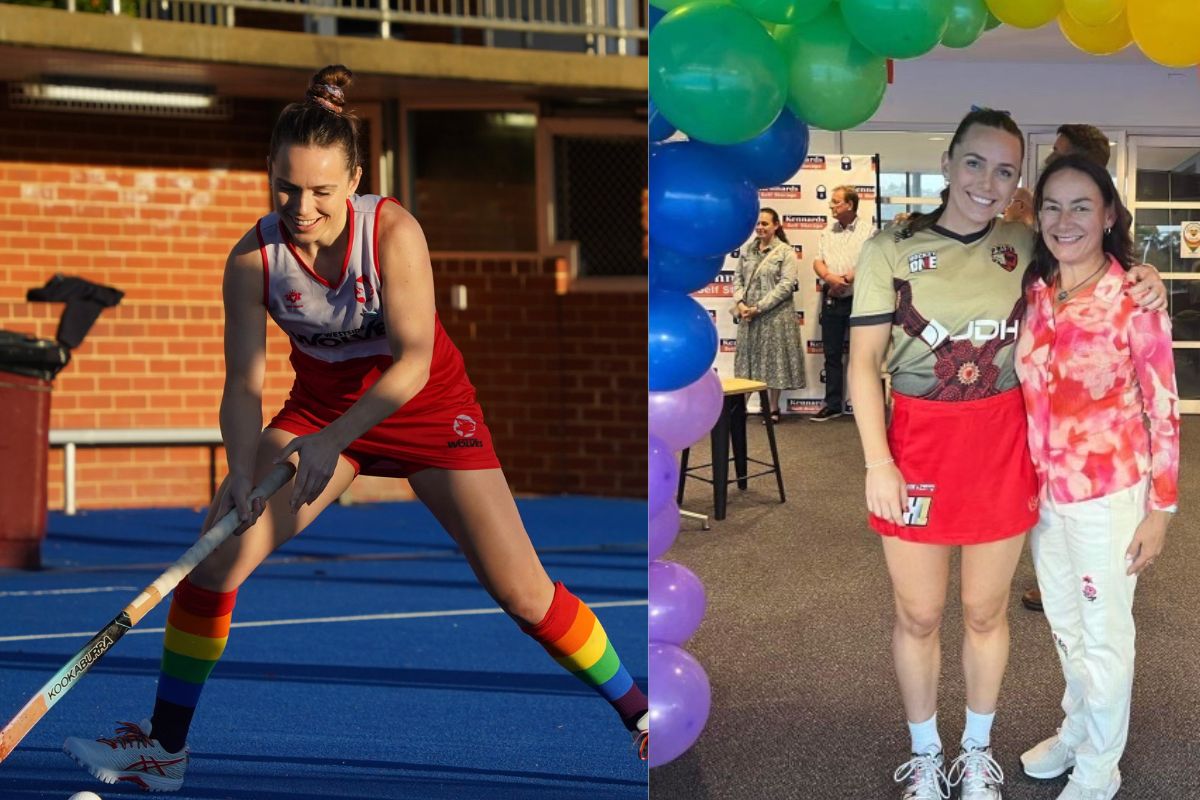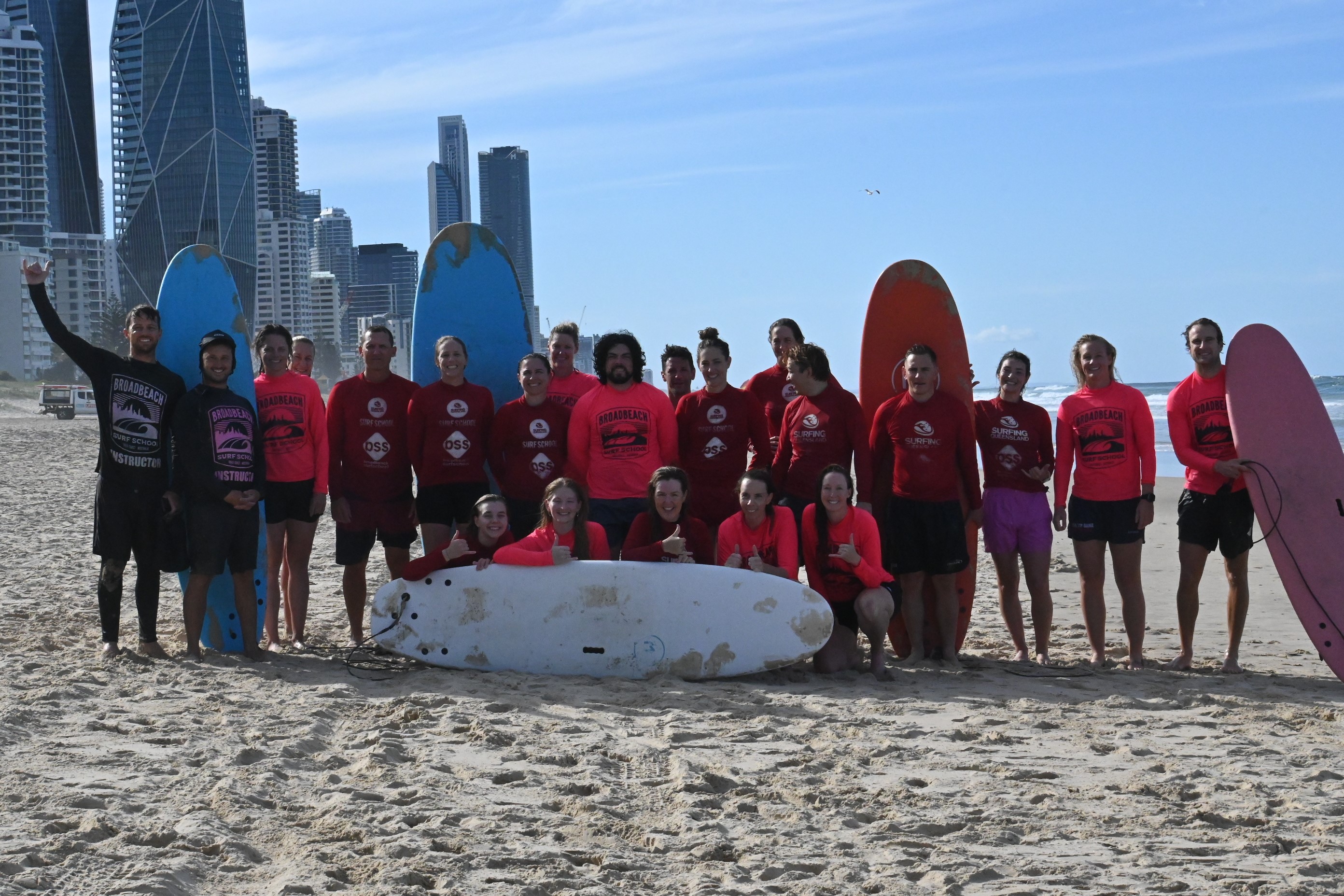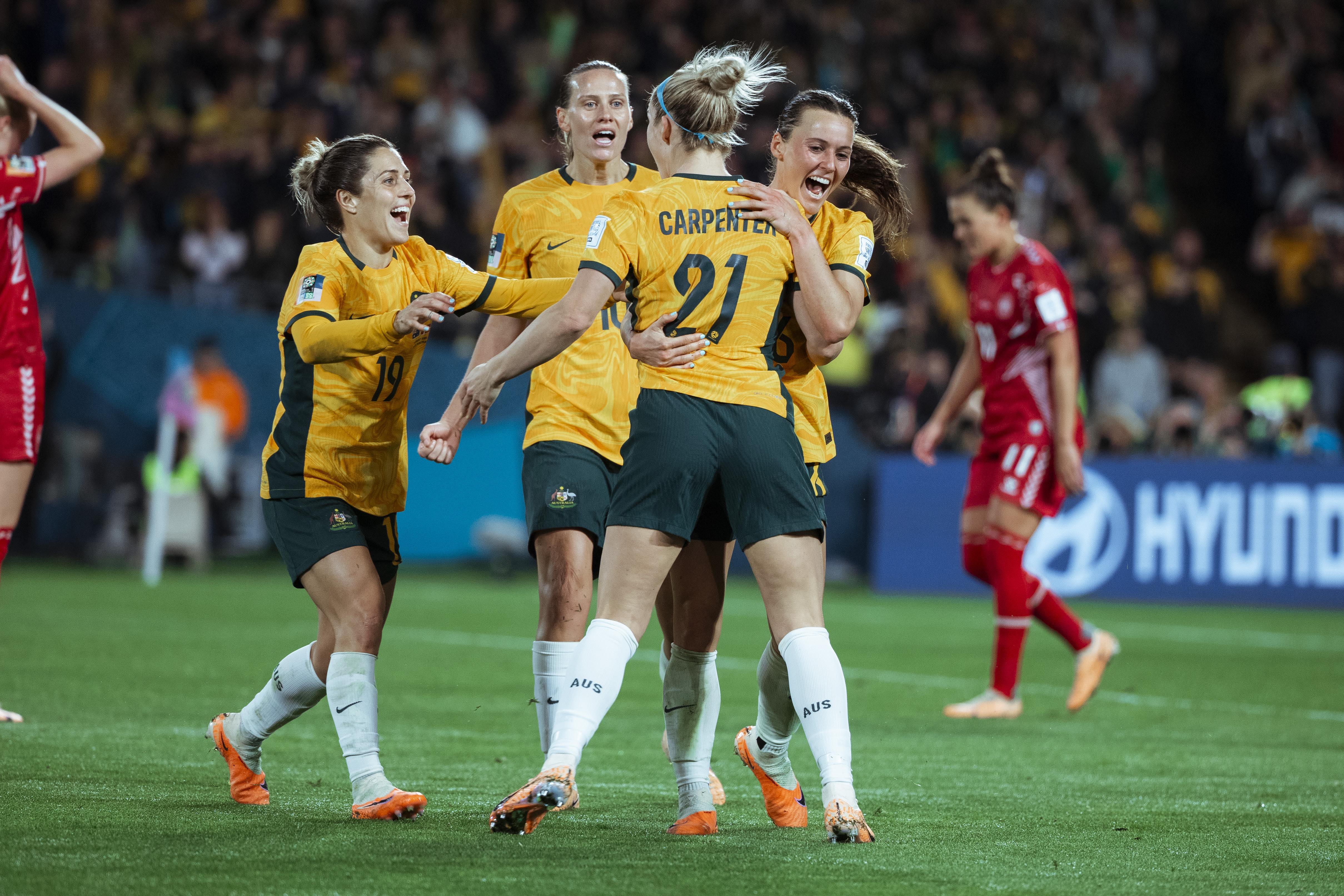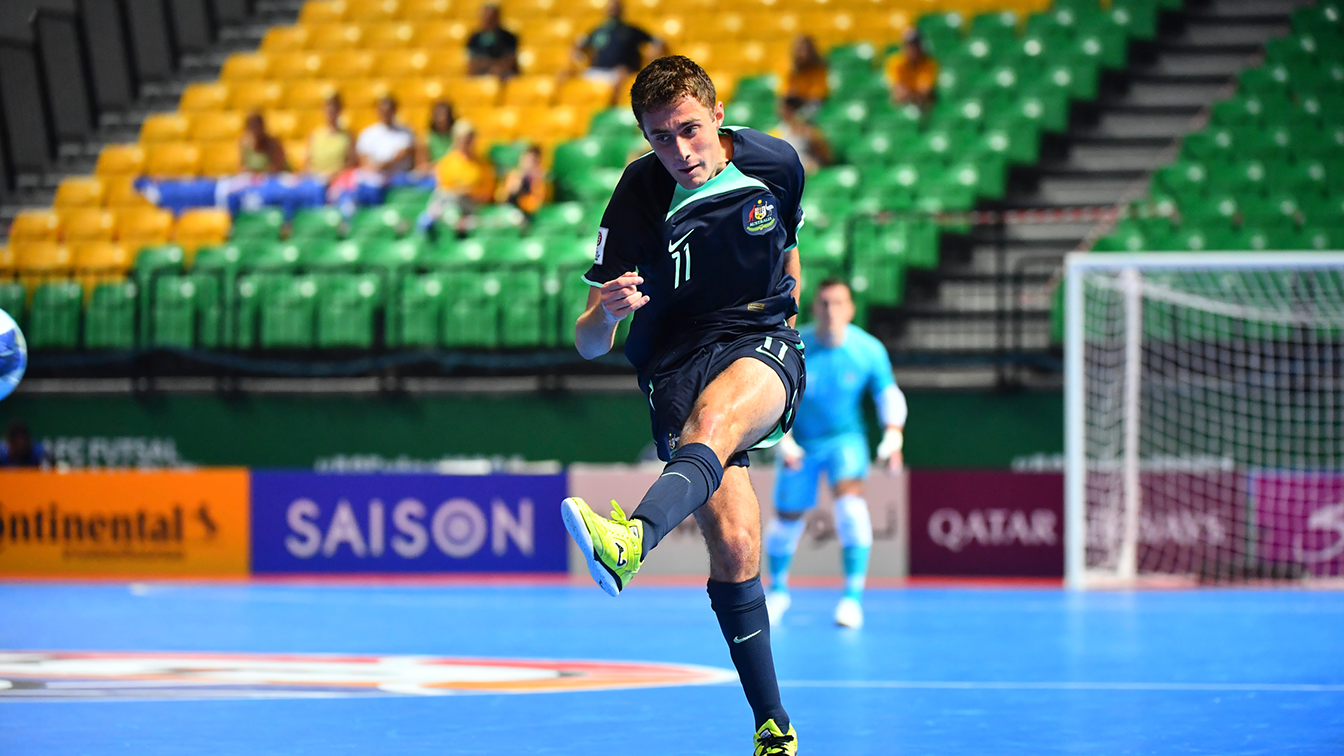Q1: Mr. High Commissioner, respect for human rights has, since the creation of the United Nations in 1945, been considered as the foundation for sustainable peace. As you recently took up your official functions as High Commissioner for human rights, what is your strategic vision of the OHCHR’s role in peacebuilding?
I really like the fact that the theme for this year is “Peace is Possible”. I think that’s incredibly important in these times because we often hear why peace is not possible. And we must ask ourselves the question, how can we make peace possible? And that was, as you said, a big dream, after a cataclysmic event such as the Second World War, where many things had gone wrong and we had this “never again movement” that influenced both the Charter of the United Nations and also, a few years later, in 1948, the Universal Declaration of Human Rights.
And I brought the Charter with me today, because sometimes people think the UN is only about peace and security. However, if you read the second preambular paragraph, it talks about human rights. If you look at the paragraphs, that talk about the principles and the purposes of the United Nations – there is a lot about human rights in there.
I think that’s important because sometimes, even today within the UN structure, there is a bit of compartmentalisation, and we really need to work very hard to overcome these silos. Not to just think of peace operations or development or human rights or humanitarian work – they are all one holistic thing that we need to strive for. Because it is almost axiomatic or commonplace to say you can’t do development without peace, you cannot do human rights without development etc. It is clear that they are integrated, they are coherent, and they are one and the same. And we need to really look at the different aspects of it from different perspectives. But it’s useful to really go into the actual language. Very strong language was used in the preambular paragraph and in drafting the purposes and principles of the U.N. There is direct reference to the respect for fundamental human rights, for the promotion and protection of human rights for everyone, everywhere. Of course, as you know, this was subsequently elaborated upon in the Universal Declaration of Human Rights, as well as in the amazing normative framework of human rights system.
The concrete aspects that speak to the mandate that I have as High Commissioner, when you look at peace and human rights, I would almost see human rights as the canary in the coal mine. Human rights are the first early warning sign. I saw this in my almost 30 years with UNHCR, I saw the consequences of things having gone wrong daily, especially in different conflicts around the world. And we’re talking about human rights abuses. And if you go deeper and if you listen to that more carefully, it often starts with these early signals that neighbours don’t get along. There is an increase in violence against women or that women get attacked when they are in public positions. We see that when young people are not able to express their frustrations – the Arab Spring was a good example of it. We see what can happen when, fundamentally, grievances are unaddressed – we see it daily and throughout the world. When I arrived almost two weeks ago, we had South Sudan, Iran, and a couple of other countries where you could see that these grievances, these legitimate grievances were not addressed, the civic space was repressed, often for a long time. At some stage this explodes, it is a powder keg of deep grievances. There are inequalities, which have deepened as a result of the pandemic. There is also marginalisation and exclusion, there are so many exclusionary policies around the world, both in the global north and in the global south. And we also see that these often lead to the dehumanisation of the other, and that’s extremely dangerous. Therefore, if you go from the early warning signals to then what the peace brings or is the absence of it, there is directly that correlation, and we have to work very strongly to address it.
Q2: This morning, the Assistant Secretary-General for Peacebuilding Support discussed the work the UN is doing from New York, on peacebuilding. Could you give us some insights on how the OHCHR, based in Geneva, relates to the work done in New York, with regard to human rights and peacebuilding.
It is a very strong relationship. We also have an office in New York that works with the Peacebuilding Support Office. It is clear that we need to work together seamlessly, especially with our country presences. It was great to meet with all our representatives in the field last week and it was interesting to listen to them and to learn from them what is happening on the ground. Often, this really helps us precisely to go into that space where it is so important to know which groups are out there in civil society that could potentially be promoting societal change, or which are the youth groups that work on rights issues or peace issues-because they all go hand in hand. Our colleagues on the ground know about the national human rights institutions and about civil society groups, and this is important for our work.
Therefore, from the institutional side, there is a very strong linkage. We also get funding from the Peacebuilding Support Office because we see the human rights framework and the normative and institutional science that is behind it as something extremely important from a prevention perspective but also from a peacebuilding perspective. Human rights are the glue that brings people together and brings different segments together, and it also brings out the best in humanity, and at the end of the day, human rights bring peace.








